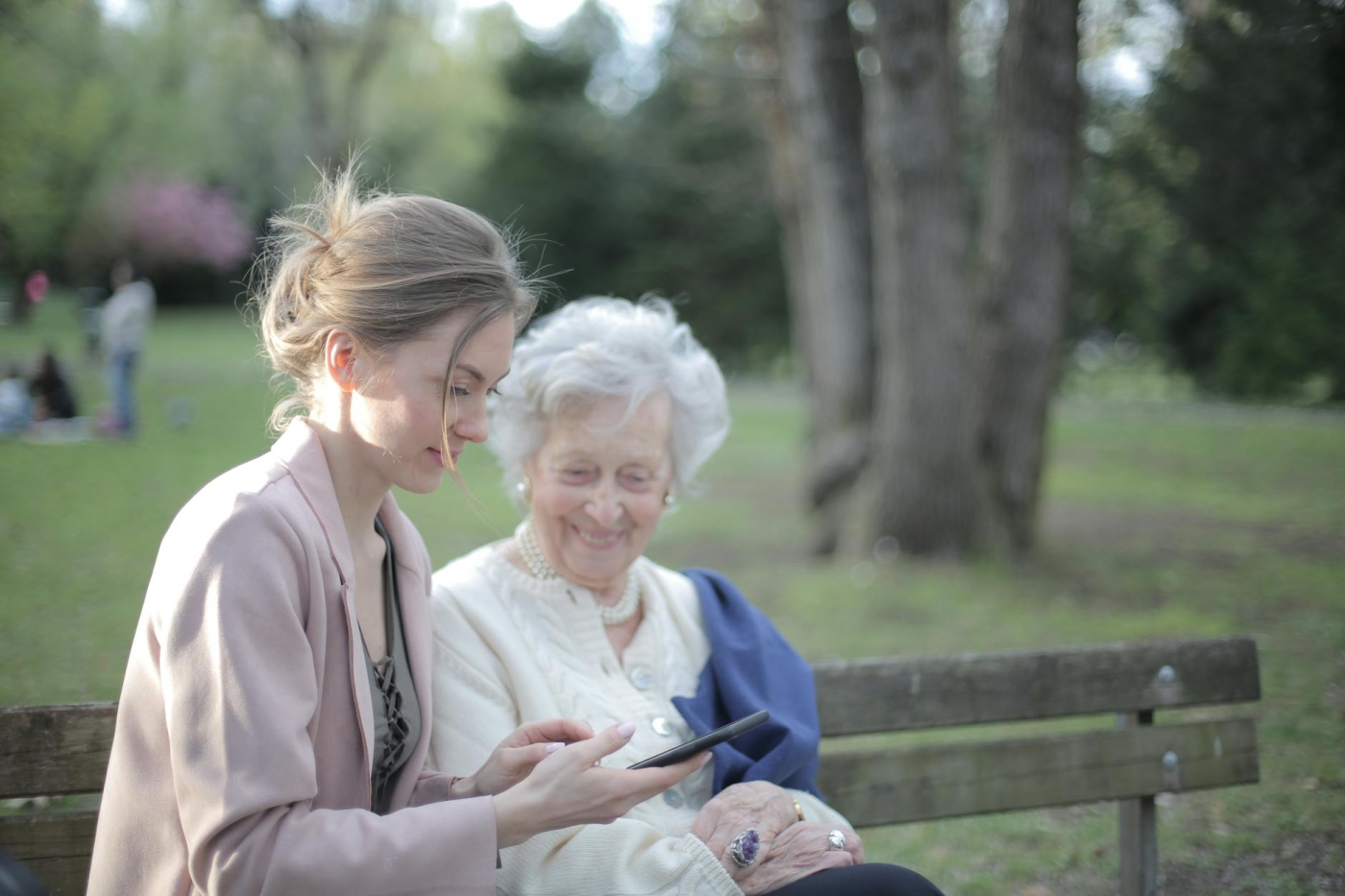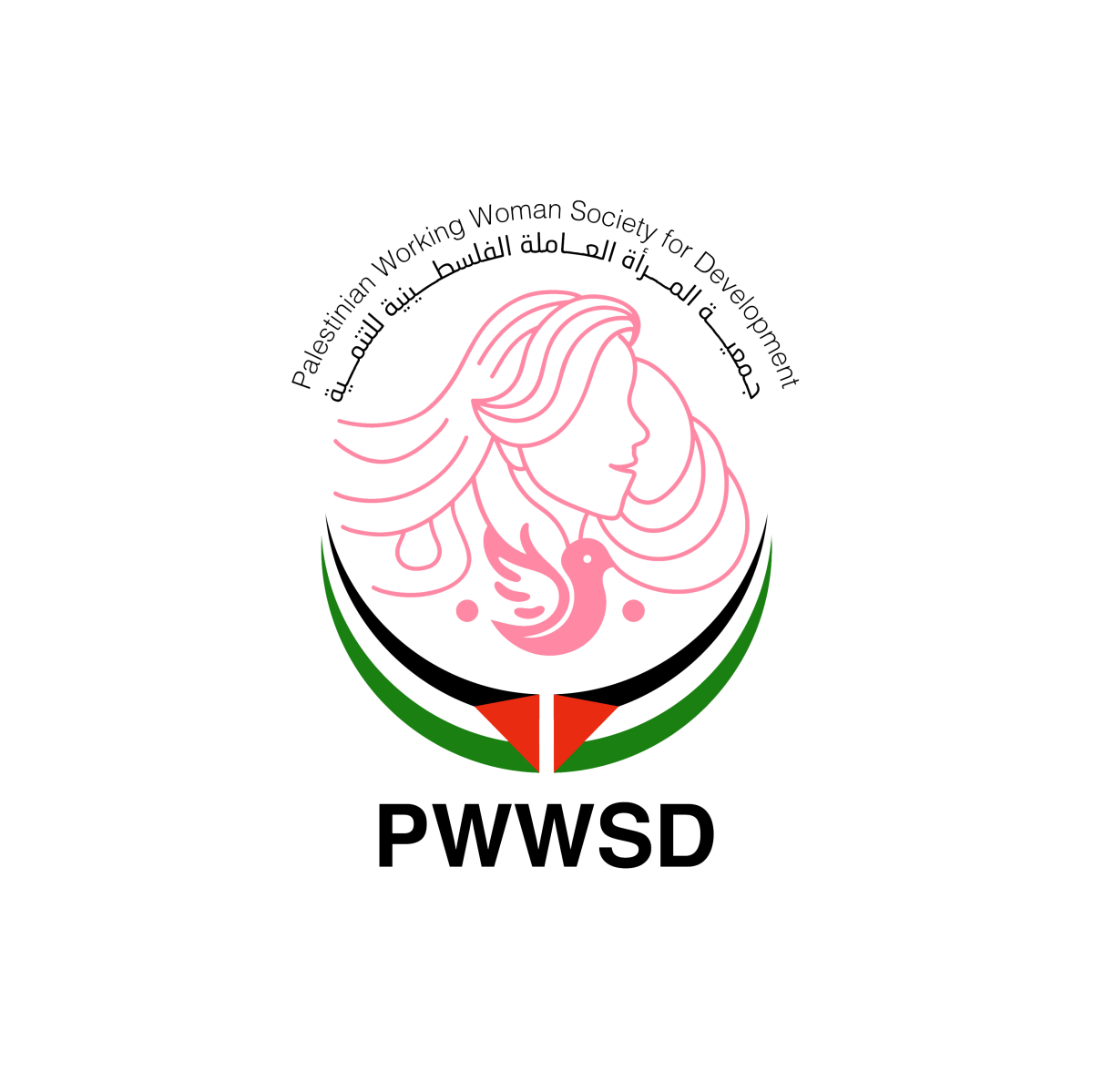PWWSD holds a hearing session with GBV survivors and decision makers in Nablus

The Palestinian Working Woman Society for Development (PWWSD) held a hearing on Wednesday, August 12, 2020 in the Center for women and family affairs between women victims and survivors of violence, decision-makers and partners of the national referral system. This comes as part of the project "Increasing the Awareness and Protection of Women Victims and Survivors of Gender-Based Violence (GBV) through promoting social transformation to combat GBV”; supported by Otto per Mille of the Waldensian Church of Italy (OPM).
Twenty three women participated in the project workshop, 12 of whom were women victims and survivors of GBV and 11 of whom were either decision-makers or members of partner institutions within the National Referral System.[1] The latter are tasked with providing crucial services for the protection and empowerment of women, whether they are still within or have broken out of the cycle of violence. The aim of the hearing was to provide a space for women facing violence to voice their needs and priorities directly to members of institutions who work in the field to combat GBV as well as to decision-makers. This space also made it possible for victims and survivors of violence to share their experiences with one another, all of which is crucial towards the passing of future, and reform of existing, legislation and policies in order to strengthen protection mechanisms and services provided.
PWWSD social worker Futna Khalifa spoke on the organization’s services throughout the emergency lockdown period imposed from March through May of this year due to the Covid-19 pandemic. She also spoke on the organization’s work to develop an emergency plan to provide support and assistance to women victims of GBV through telephone counselling hotlines. The hearing included a discussion on the dual systems of violence Palestinian women live under (both within Palestinian society and from Israeli Occupation Forces (IOF) and illegal Israeli settlers). The discussion also covered the increase in rates of violence against women during the emergency quarantine period, as determined by PWWSD’s VAW report as well as reports by other relevant local and international institutions operating in Palestine. The findings of these reports were discussed within the context of the slight decrease in rates of violence over the past decade as found by the Palestinian Central Bureau of Statistics’ end of 2019 survey. Additionally, the hearing covered the most pressing challenges facing women during the emergency lockdown, including the negative economic effects of the lockdown, such as the increase in poverty and unemployment rates, as well as how women found themselves tasked with increased household and family related responsibilities, representing increased psychological and physical burdens on women. This is coupled with a lack of follow-up procedures for women victims of violence after they leave safe houses/shelters, increasing the possibility that their abusers will then be able to severely harm or kill them. Overall, the services provided by the partner institutions within the National Referral System network are consistently not suitable or sustainable in multiple areas, including legally, socially, psychologically and economically. The weaknesses regarding the economic empowerment of women victims and survivors of violence is particularly concerning as it impedes women’s ability to separate from abusive husbands without losing financial support for themselves and their children. Finally, the session discussed the issues posed by the lack of unified, consistent data by civil society institutions and official governmental bodies on femicide rates, creating a discrepancy in official numbers.
Victims and survivors of violence also spoke on their experience with violence and the psychological aftermath. They also addressed the issues they had accessing psychological and social support services, whether offered by civil society or government institutions.
Representatives of partner institutions within the National Referral System reviewed the services they provide and demonstrated a strong willingness to follow up on the issues reported by the women participants. This includes increasing women’s access to economic and aid services provided by official authorities and reviewing the complaints submitted by women to ensure that in the future, authorities provide services in a more dignified and confidential manner.
Overall, the hearing resulted in multiple recommendations, most notable among them:
- The expedition of the follow-up to complaints submitted by women victims and survivors of violence by National Referral System partner institutions, in order to more efficiently implement protection and empowerment measures on their behalf
- Improvement in policies and legislation determining standards for providing aid to women victims and survivors of violence, as some service regulations are restricted to divorced women only, leaving non-divorced women at a disadvantage
- Prioritizing the allocation of a larger budget for supporting women victims and survivors of violence
- Centralization of resources to empower women victims of violence in one place/space
- Speeding up the ratification of the Family Protection bill
- The passing of a Palestinian personal status law protecting women from discrimination
- Standardized monitoring of femicide cases on the part of civil society institutions and official governmental bodies
The following testimony from a woman victim of violence who participated in the hearing illuminated the necessity of combatting GBV and providing solutions to its victims:
“Two years into my marriage, I discovered my husband uses drugs; from here began my experience with violence. He would hit me and leave bruises all over my body. He would try to suffocate me to “get rid” of me. My three and four year old children would try to protect me from my husband. I tried to seek protection from my in-laws but their support was lacking. Once my husband purposefully closed a door on my finger with such force that a part of my finger broke off. My father-in-law took me to the hospital but not before my husband threatened that if I told the truth about my injury, he would kill my two children. When I reached the hospital, the doctors asked about the cause of my injury and if it was a result of domestic violence. I denied it both because of the presence of my father-in-law and because of my husband’s threat. After receiving psychosocial support, I am now looking for work in order to support my children on my own. I filed a police report against my husband and he is now in custody.”






